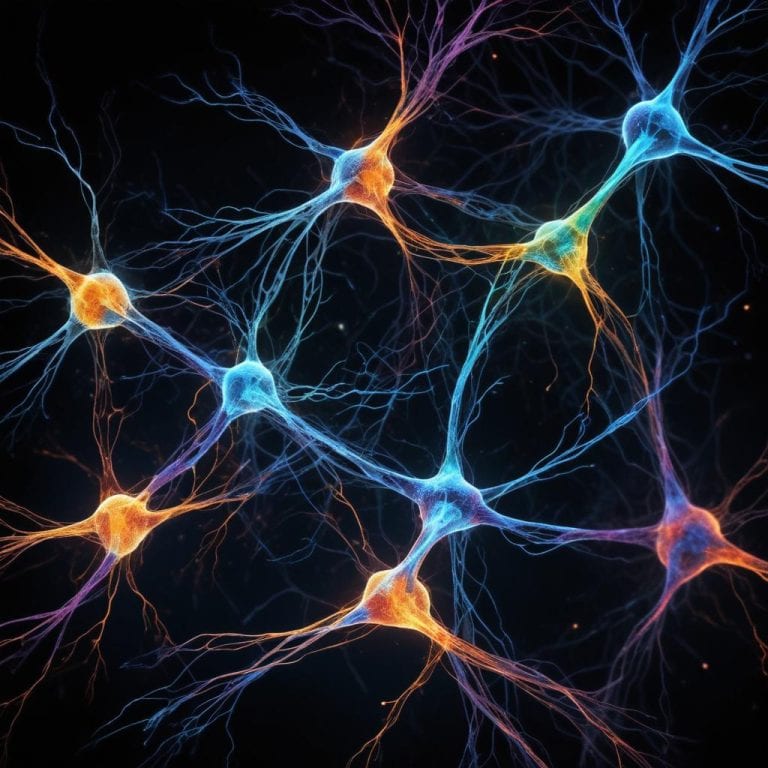Welcome to our online neurotransmitters quiz! Neurotransmitters are chemicals in the brain that help transmit signals between neurons, playing a crucial role in how our brains function. Understanding neurotransmitters can give us insight into how our bodies work and how we can maintain good mental health.
In this quiz, you’ll test your knowledge on different types of neurotransmitters, their functions, and how they impact our emotions and behaviors.
Get ready to dive into the fascinating world of brain chemistry and see how much you know about these important chemical messengers. Good luck!
Play Neurotransmitters Quiz
Instructions
- This quiz is multiple choice.
- Read each question carefully before selecting an answer.
- Choose the best answer for each question.
- You will see the missed questions with correct answers at the end of the quiz.
Quick Facts
- Neurotransmitters are chemical messengers in the brain that help nerve cells communicate with each other.
- There are over 100 different neurotransmitters in the brain, each with its own specific function.
- Some well-known neurotransmitters include dopamine, serotonin, and acetylcholine.
- Neurotransmitters play a crucial role in regulating mood, memory, sleep, and muscle movement.
- Imbalances in neurotransmitters can lead to mental health disorders such as depression, anxiety, and schizophrenia.
- Neurotransmitters can be affected by factors such as stress, diet, and certain medications.
- Drugs like antidepressants and antipsychotics work by targeting specific neurotransmitters to help regulate brain function.
- Exercise, meditation, and a healthy diet can help maintain proper neurotransmitter levels in the brain.
- Neurotransmitter levels can be measured through specialized tests to help diagnose and treat neurological conditions.
- Overall, neurotransmitters are essential for maintaining a healthy brain and overall well-being.
Downloads
Study Tips
- Create a study schedule and stick to it.
- Find a quiet and comfortable study environment.
- Remove distractions such as phones and social media.
- Take breaks every 25-30 minutes to avoid burnout.
- Use active studying techniques like summarizing, highlighting, and teaching concepts to someone else.
- Practice retrieval by testing yourself with flashcards or practice quizzes.
- Stay organized with notes, study guides, and resources.
- Stay hydrated and eat brain-boosting foods like fruits, nuts, and whole grains.
- Get enough sleep to improve memory retention and cognitive function.
- Reward yourself for reaching study goals to stay motivated.
